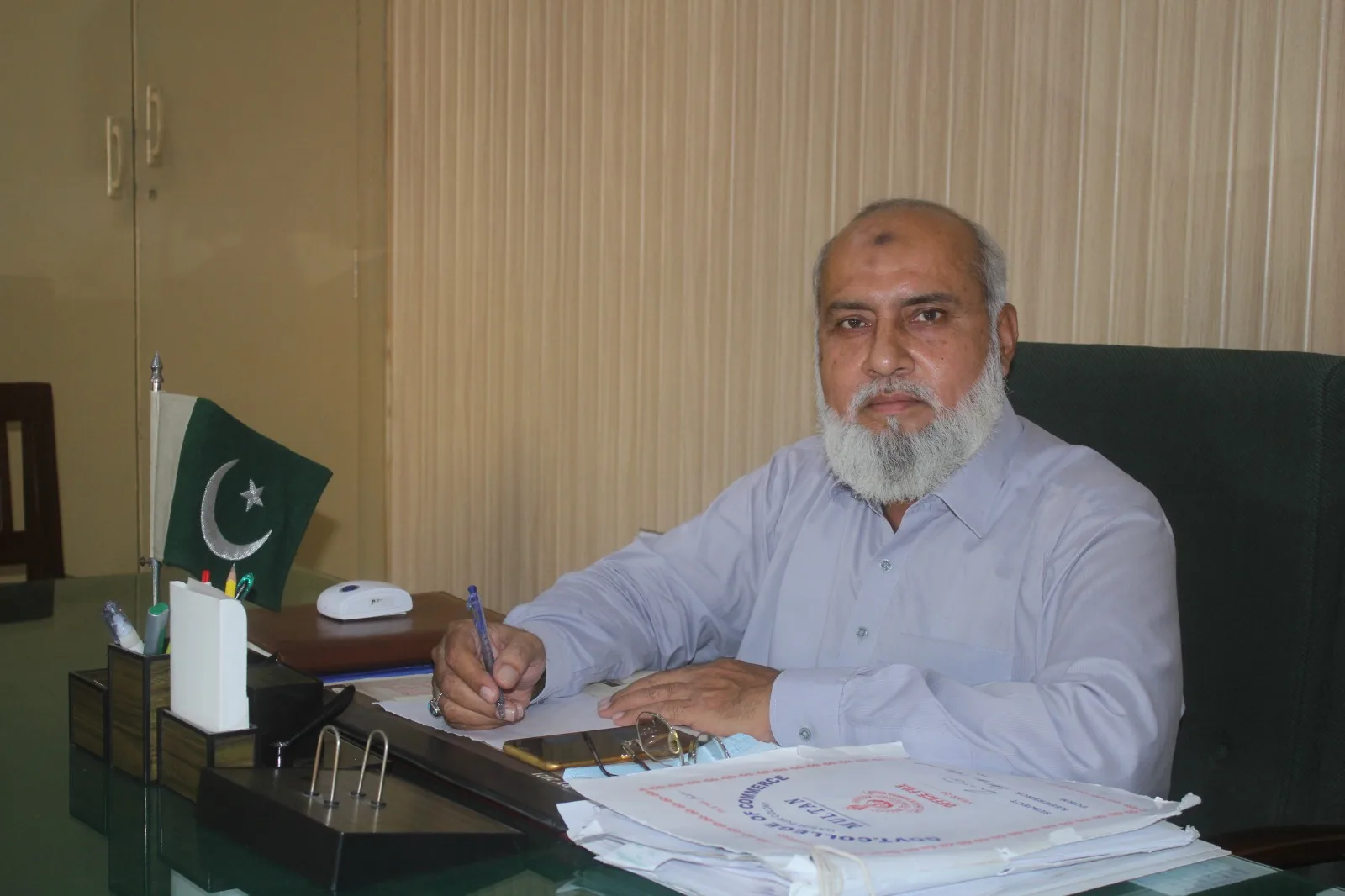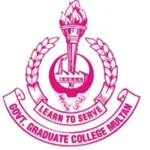- Have any question?
- (+92) 61-9330365
- gccqasimpurmultan@yahoo.com

Checkout latest happenings at the campus
A choice that makes the difference.

Excelling students to a brighter future with better opportunities to grow and learn in leading education system model of Multan.
© GGCC, All rights reserved.
Powered by ECraftHub